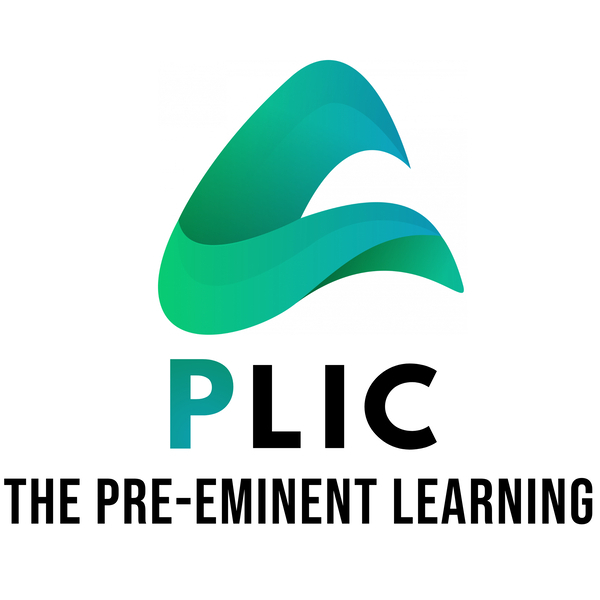What is the purpose of job Interviews?
Few job-seekers are hired sight-unseen. The purpose of a job interview is for hiring true decision-makers to meet you in person, see how you express yourself and present your resume, and discover how well you fit into the job and the work place.
Does Having an interview means that I will get a job?
Not really. While landing an interview certainly takes you a step closer to gain a job offer, other applicants have likely also been invited to the interview, and the one who proves his or her in the interview to be the best fit for the organization and the job will be likely to attain the vacant place.
How does the Interviewee know what kind of interview is going to be conducted?
An individual can always try asking. Contact the assistant to the person who will be interviewing you and ask if that person can tell you what to expect in the interview, what style of question, for example. If you can’t get an answer, consult your network to see if anyone you know (or that one of your contacts knows) can tell you what interviews are like at this organization.
How many people are involved in an interview?
Interview: It involves one interviewee interviewed by a panel of numerous people interviewing. One should make sure to keep an eye contact with each one while answering the questions
• Serial Interview: Instead of being interviewed by a simultaneous panel of multiple people, the candidate is interviewed by multiple people one at a time.
How can job-seekers prepare for an interview?
There are three main components of interview:
1. Content Preparation:
• Greeting and a small talk with an interviewer.
• Responses to the interview questions.
• Your demonstration of your knowledge about the organization hiring you.
• The question you ask the interviewer.
2. Nonverbal Preparation:
• Your appearance
• Your positive nonverbal behaviours
• Your avoidance of negative nonverbal behaviours
• Your attitude
3. Logistical Preparation
• Right place
• Right time
• Right material
Don’t worry! PLIC Team will help you prepare well for each component through best mentors.
What are the most important things to remember in an interview?
The interviewer probably decides very quickly, maybe in the first 5 minutes whether you fit for the job and the work place so making the first impression long lasting is a critical. One needs to maintain the curiosity and enthusiasm along with discipline throughout the interview. Respond the questions in a concise manner but provide with accurate and required information.
What if I draw blank and can’t answer a question?
Firstly, repeat the question back to the interviewer or ask him or her to repeat it to buy yourself a little time. If you’re still not ready, it’s perfectly OK to take a moment to think about your response; in fact, it’s best to take pause before every response to ensure that you’re not uttering out uncomprehend answers. If you are truly stuck, ask if you can come back to that question later. You may lose some points, and the interviewer might not return to that question, but asking to come back to it is a lot better than babbling or remaining silent.
What are some big mistakes job-seekers make in an interview?
- Treating Gatekeepers/ receptionists/ assistants poorly.
- Projecting a negative attitude.
- Giving long, rambling and unfocused answers.
What should a job-seeker do at the end of an interview?
If you truly feel the interview was a good one, that you are a great fit for the position, and that you have overcome all the interviewer’s objections, go ahead and ask for the job. Best case, you’ll get the offer; worst case, you’ll be told you need to wait. It’s also important to ask for business cards of everyone you interview with so you ensure the proper details in your thank-you letter. Finally, if the interviewer does not offer an exit handshake, take the initiative to do so.
What’s when the interview occurs?
- First interview or screening interview: A first or screening interview is often conducted to pre-qualify candidates and narrow down the pool of interviewees.
- Second, Third and subsequent interviews: The number of interviews an employer conducts varies widely, but each interview in the process is intended to further narrow the field.


